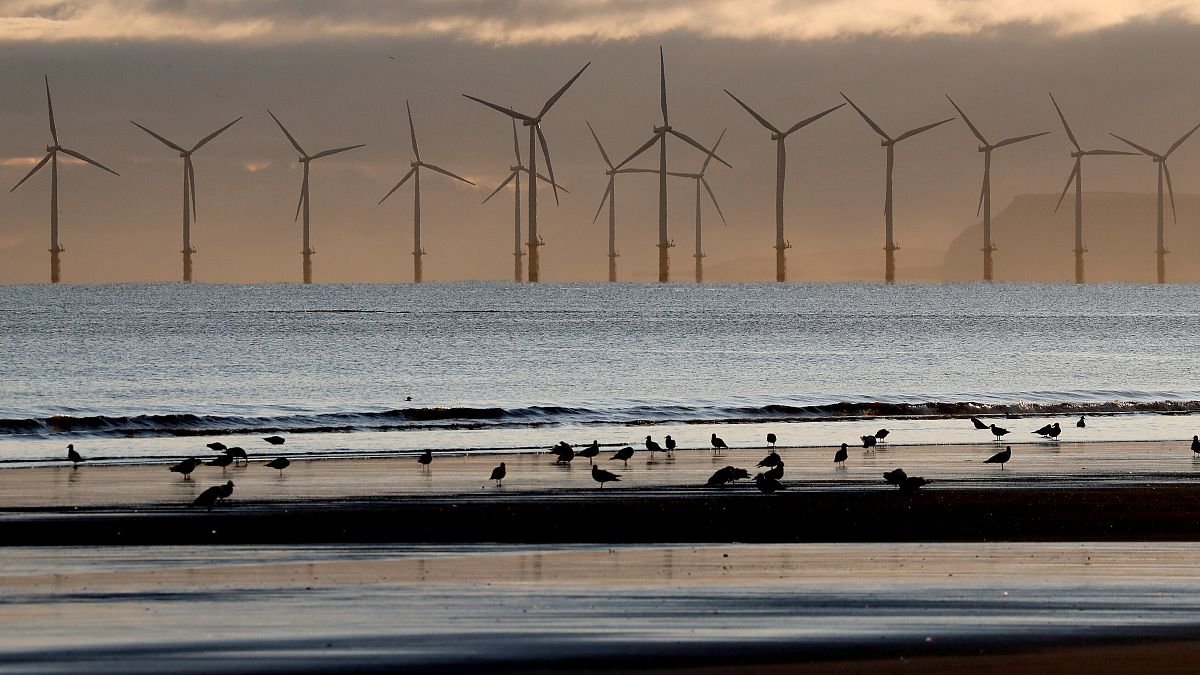Sweden has recently rejected plans to build 13 offshore wind farms in the Baltic Sea due to security concerns. The farms were intended to be located off the Åland Islands in the north along the entire east coast down to Öresund. The government believes that constructing these projects in the Baltic Sea area would pose unacceptable consequences for Sweden’s defense. Swedish Defence Minister Pål Jonson stated at a press conference that the wind farms would make it more difficult to detect and shoot down missiles using Sweden’s Patriot batteries in case of a conflict.
Although the plans for 13 wind farms have been rejected, only one more wind farm has been approved to be built along Sweden’s east coast. The government has already given the green light for two offshore wind farms – Kattegat South and Galene on the west coast. The Poseidon wind farm off Stenungsund on the west coast has also been approved, involving a maximum of 81 wind turbines that can contribute 5.5 terawatt hours per year, according to Romina Pourmokhtari, Sweden’s Minister for Climate and the Environment. Poseidon is the third offshore wind project to receive approval since 2022, with 10 more applications still awaiting a government decision.
The decision to reject the applications for wind farms has sparked questions about how Sweden can meet its plans to double annual electricity production over the next two decades. To achieve this goal, the Swedish government aims to expand nuclear power by adding an additional 2500 megawatts of nuclear power by 2035 and constructing 10 new reactors a decade later. However, critics argue that demand is projected to increase faster than new reactors can be built, raising concerns about the feasibility of relying solely on nuclear power to meet Sweden’s energy needs.
These developments highlight the ongoing debate surrounding energy production and national security in Sweden. While offshore wind farms are seen as a key component in transitioning to renewable energy sources, concerns about defense implications and meeting energy demands have led to the rejection of certain projects. As the Swedish government continues to navigate these challenges, finding a balance between sustainability, security, and energy supply will be crucial for shaping the country’s future energy landscape.
The rejection of the plans for offshore wind farms in the Baltic Sea underscores the Swedish government’s commitment to prioritizing national defense considerations. By limiting the construction of wind farms in strategic locations, Sweden aims to protect its defense capabilities and ensure readiness in the event of a conflict. While this decision has implications for the country’s renewable energy goals, it reflects the government’s determination to uphold security interests as a top priority.
Moving forward, Sweden will need to explore alternative strategies for meeting its energy production targets while addressing security concerns. Whether through expanding nuclear power, investing in other renewable energy sources, or implementing energy efficiency measures, the country will need to adopt a comprehensive approach to achieve a sustainable and secure energy future. By striking a balance between these competing priorities, Sweden can navigate the complex landscape of energy policy and defense considerations to build a resilient and reliable energy infrastructure for the years to come.










